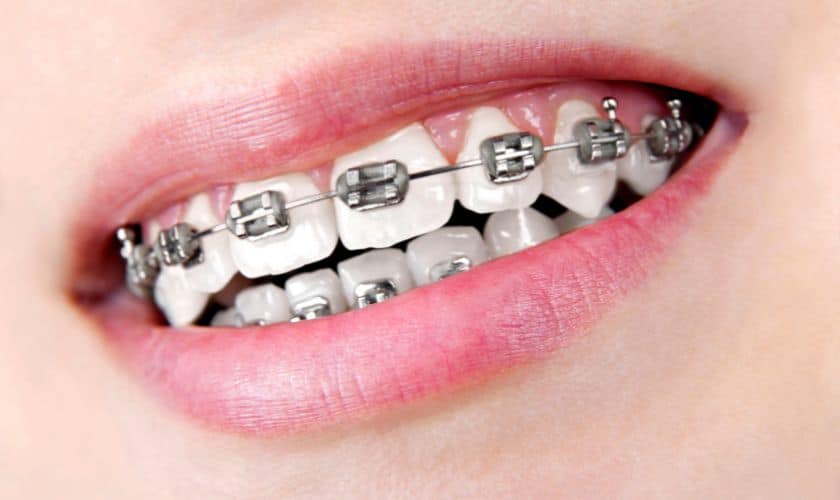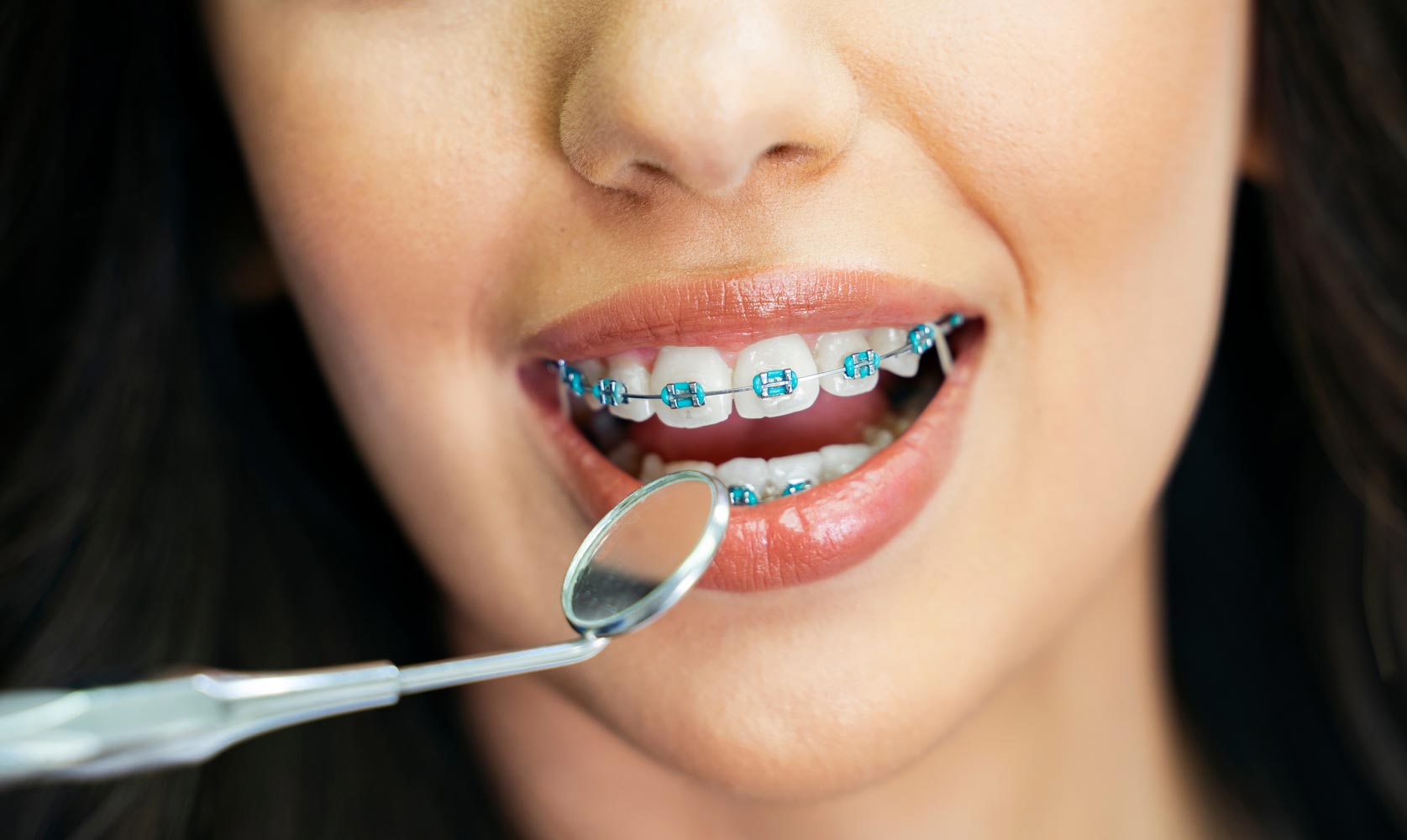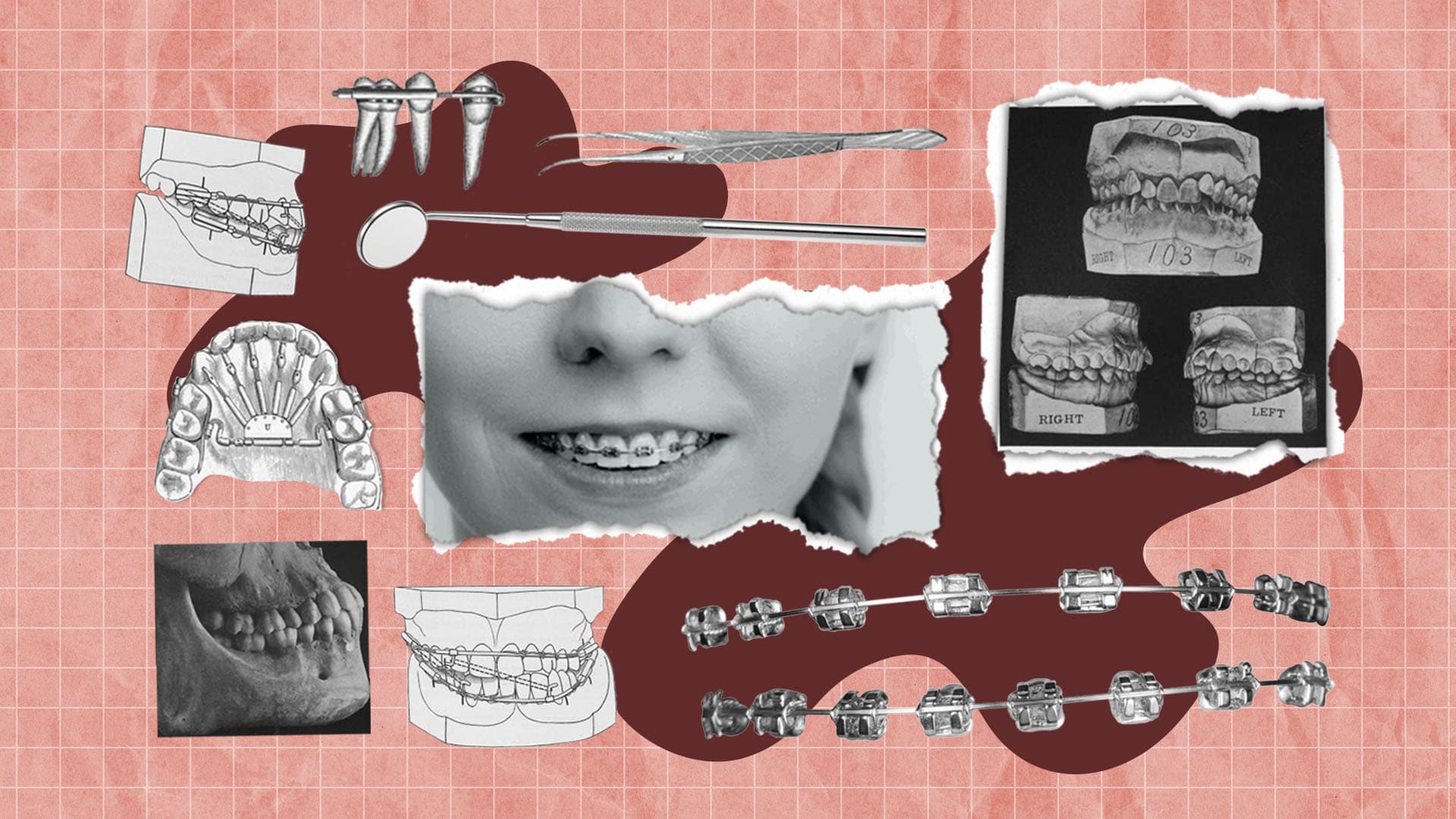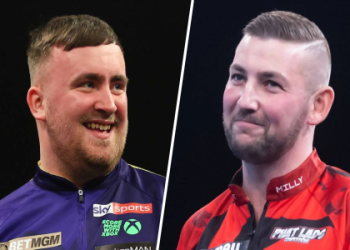Okay, let’s talk about this braces thing. People sometimes ask me, “Your teeth looked pretty straight, why’d you get braces?” It’s a fair question, and honestly, my journey with braces started even though, on the surface, everything seemed okay.
My Teeth Seemed Fine, But…
So, picture this: I looked in the mirror, smiled, and yeah, my teeth didn’t look crooked like you sometimes see. No big gaps, no obviously twisted teeth. Friends never pointed anything out. Dentists during regular checkups would say things looked generally healthy. But I knew there were little things.
For starters, my bite felt slightly… off. It wasn’t painful, just not perfectly comfortable when I chewed sometimes. Also, flossing in a couple of spots was always a real struggle. The floss would shred, or I’d really have to force it. To me, that signalled things were maybe a bit too tight, even if they looked straight from the front.

Thinking About Making a Change
It wasn’t a sudden decision. I thought about it for a good while. Was it just vanity? Maybe a little, I won’t lie. I had this idea of a perfectly aligned smile, even if the difference was subtle. But it was also about long-term health. I figured if my bite was slightly off now, maybe it could cause wear issues down the line? And if flossing was hard, wasn’t that asking for trouble with plaque buildup?
So, I decided to just explore the idea. What’s the harm in getting a professional opinion, right? I wasn’t committed, just curious.
The Consultation Day
I made an appointment with an orthodontist. Not a regular dentist, but someone who specializes in straightening teeth. I went in, feeling a bit silly, like maybe they’d laugh me out the door. “Your teeth are fine, what are you doing here?”
But they didn’t. They did the whole checkup, took x-rays, molds (that gooey stuff, ugh), and photos. Then we sat down and talked. The ortho actually pointed out the exact things I’d been feeling:
- A slight misalignment in my bite (crossbite or overbite, something like that, I didn’t catch the fancy term).
- Minor crowding in those areas where flossing was tough.
They confirmed that while my teeth weren’t “bad” cosmetically, treatment could definitely improve function and make cleaning easier, potentially preventing future problems. They laid out the options – traditional metal braces, ceramic ones, and clear aligners.

Making the Move and Getting Started
After thinking it over, weighing the pros and cons (and the cost, let’s be real), I decided to go for it. I chose clear aligners because I felt they’d be less noticeable for someone my age doing this. It felt like a big step, mostly because it seemed unnecessary to outsiders.
Getting the first set of aligners fitted was weird. They felt tight, bulky in my mouth. Talking felt strange for a day or two. There was definitely a period of adjustment – learning to pop them in and out for eating, brushing meticulously after every single meal or snack. It became a whole new routine.
Living With Aligners
The process itself wasn’t terrible. Every couple of weeks, I’d switch to a new set of aligners. Sometimes a new set felt extra tight for a day, a dull ache reminding me things were moving. There were regular check-ins with the orthodontist to make sure everything was tracking correctly.
Honestly, the biggest hassle was the discipline required. Taking them out to eat or drink anything other than water, brushing immediately after, making sure I wore them for the recommended 20-22 hours a day. It definitely made me snack less, which was an unexpected side effect!

Was It Worth It? My Final Thoughts
So, after all that time and effort, was it worth getting braces even though my teeth seemed “fine”? For me, absolutely yes.
The changes are subtle to others. Most people probably wouldn’t notice unless I pointed it out. But I notice. My bite feels solid now, more comfortable. Flossing is a breeze everywhere. And yeah, that minor cosmetic thing that bugged me? It’s gone. My smile just feels more… finished, I guess.
So, can you get braces even if your teeth look fine? My experience says yes. “Fine” doesn’t always mean “optimal” or “perfectly healthy” from a functional standpoint. If something bothers you, even if it’s small, or if an orthodontist sees underlying issues that could be improved, it’s definitely something you can pursue. It’s your mouth, after all!









